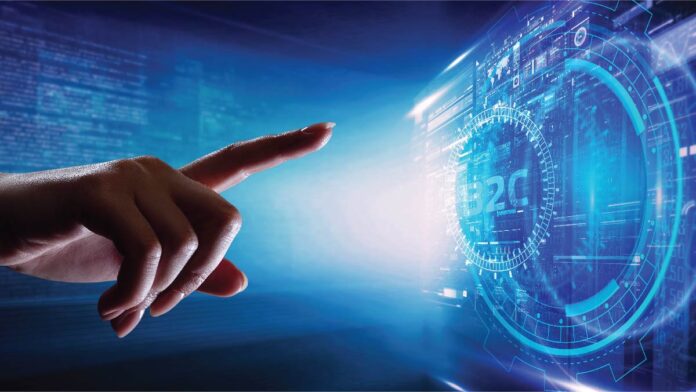In today’s rapidly shifting marketing environment, B2B companies should think more like B2C companies when it comes to customer experiences (CX). Customer experience has emerged as the most important distinction among brands. Businesses can no longer compete only on the basis of their product or pricing, especially with customers now looking for unique experiences.
It is evident that brands that are winning are the ones that are implementing the latest innovations to create personalized buyer experiences across all touchpoints. And, it isn’t likely to change anytime soon.
Business-to-consumer (B2C) enterprises are reducing the gap between what customers anticipate and the experiences they provide, while business-to-business (B2B) companies are trailing behind. Businesses sell to people at the end of the day – this means the strategy should be human-centered and, more significantly, seamless. B2B companies, fortunately, can learn from B2C companies that are leading the CX charge.
Also Read: How will Intent Data Drive the Future of B2B Marketing
Customer expectations aren’t being met by B2B brands
B2B brands, on average, lag well behind buyer expectations. According to a 2016 McKinsey study, B2B brands average less than 50% on customer experience index ratings, compared to 65 to 85% for typical B2C brands.
B2B buyer expectations will rise as CX improves in the consumer world. People will expect outstanding CX from any brand, regardless of product or service, as more B2C firms provide excellent CX. Needless to say, there is a great deal of space for improvement and growth.
The time to invest in customer experience is now
B2B brands are missing out on opportunities to stay competitive and establish profitable customer connections by overlooking the relevance of CX. Consumer demand was definitely driven by the pandemic, and businesses in all industries and areas had no choice but to adapt swiftly. According to a 2019 report by Forrester, eCommerce is increasing for B2B companies and is expected to reach US$1.8 trillion in the United States by 2023. With figures like these, there is certainly a lot of room for growth. B2B brands, however, will need to change alongside their customers in order to get it right.
Providing outstanding B2B buyer experiences
Businesses should follow consumer brands and focus on omnichannel strategy, data collection, and personalization to deliver the experiences that B2B buyers demand. Customers today interact with brands through a variety of channels, including the brand’s website, social media profiles, call center, text, social media messaging apps, and email. Brands can ensure that every interaction is consistent as customers switch between channels with the appropriate tools.
To maintain consistency across channels, proper data should be collected to keep marketing, sales, and customer service teams up to date on all customer interactions.
Unified data provides a complete picture of a customer’s journey, allowing each touch point to run smoothly. Marketing teams can reach customers where they are with data, suitable to their interests, sales teams can make personalized suggestions, and customer service teams can deliver quick, accurate service without having to ask customers to repeat their questions.
Also Read: Three Steps to Successful B2B Loyalty Programs
Using data and technology to deliver the new B2B experience
B2B buyers are humans, too. Building personal connections based on empathy can strengthen a brand’s reputation and long-term customer loyalty. Businesses can meet rising customer expectations by approaching B2B customer experience with B2C strategies. Experts need a unified platform to combine all available data to actually make every interaction memorable in order to accomplish the B2C experiences for the average business-to-business brand.
For more such updates follow us on Google News TalkCMO News.







